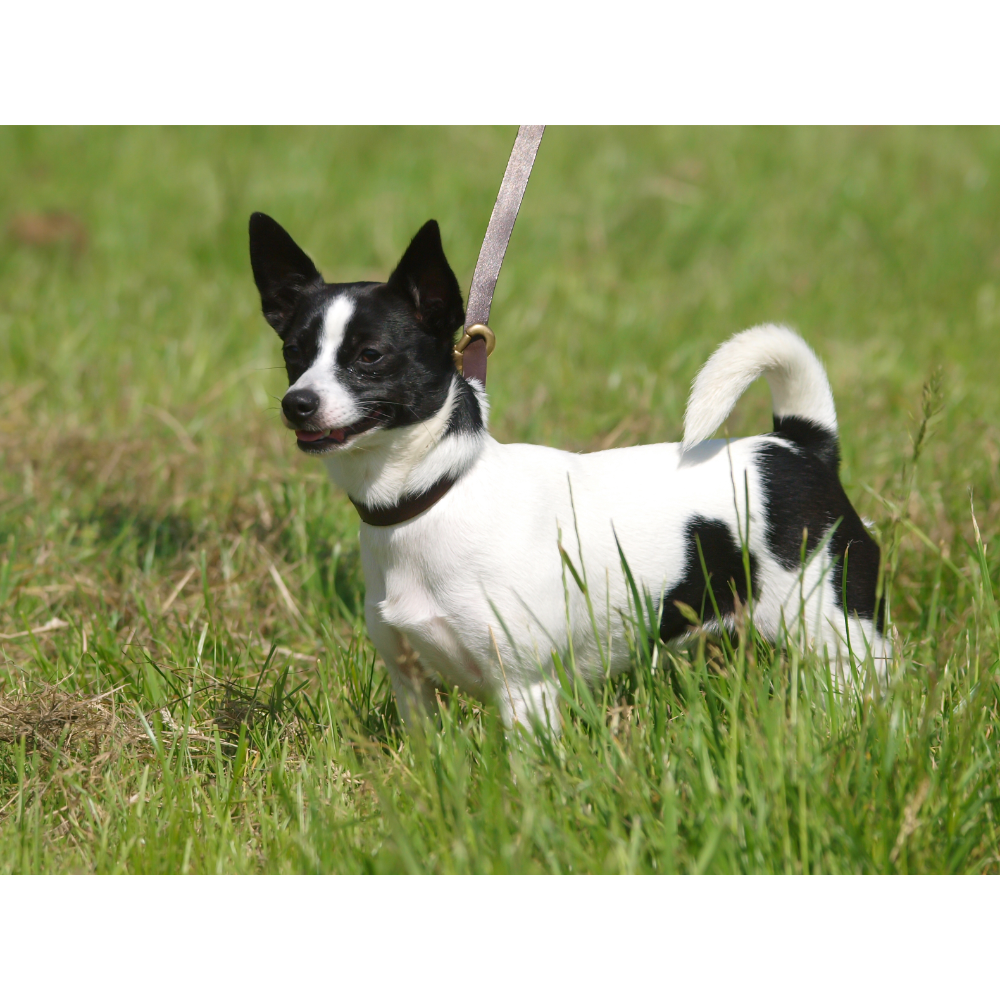What Is A Reactive Dog?
Are you worried that your dog might be classed as reactive on walks? Are your walks super stressful and you just don’t know why your dog behaves this way, let alone what you can do about it?
The term reactive dog can sound intense. So, it’s important to understand what it means and recognise why a dog may react to something. Then, you can look at solutions to help make your walks easier and life with your dog peaceful.
A reactive dog has abnormal reactions to things usually considered normal. This can involve pulling, lunging and barking at triggers and sometimes snapping and biting. Reactive behaviours can mean your dog is uncomfortable, or struggling in a situation.
Reactivity can be provoked by many things. Triggers can include other dogs, bikes, cars, vans or people and will vary between dogs. The cause can also differ and unfortunately, it’s not usually a quick fix. Reactivity is often rehearsed and becomes a learnt behaviour, so it can take time to change using methods which prioritise your dog’s welfare. The good news is that with commitment, you can see great results! But, before looking at how you can get help, here are some common reasons why dogs react:
Potential Reasons For Your Dog’s Reactivity
Pain or Discomfort
Underlying pain or discomfort can sometimes play a part in reactive behaviour. This is one of the reasons why it’s important to get a vet check if you have a reactive dog. It should be your first step, before starting work with a behaviourist.
Unfortunately, even if the pain is treated, your dog could still react to triggers, as it could have become a learnt behaviour. Nonetheless, relieving or managing any pain or discomfort your dog experiences can be an important step in changing reactive behaviour.
They Were Overwhelmed When a Puppy
Introducing your dog to a variety of dogs, people, places and situations at an early age is important. However, this needs to be done with sensitivity. Your puppy needs to feel comfortable in new experiences, to prevent stress, worry and anxiety. The puppy brain is most receptive to new experiences up to four months old.
So, for the best chance of a well-socialised puppy, be sure to find a trusted breeder. Then, consider how to socialise your puppy, without putting them in overwhelming situations. Otherwise, a poorly socialised puppy may develop reactivity in the future.
Past Trauma
Reactivity may develop if your dog has experienced trauma in the past. This can include previous physical injury, feeling threatened or scared and even experiencing strong verbal punishment from people. Just like us humans, dogs are sensitive to raised voices and physical actions.
So, avoid punishment and help your dog to feel safe at all times. Seek qualified support if you suspect your dog has experienced trauma in the past, such as being subject to abuse or being attacked by another dog.
Fear
If scared, your dog may flee the situation, fight to protect themselves, or freeze. If you notice these reactions, take note of the trigger and remove them from the situation. Forcing them to face their fears rarely works in the long run and can cause emotional distress. Instead, seek support so you can help them overcome their fear with understanding.
Frustration
Walking on the lead may prevent your dog from accessing something they want. For example, if they are unable to greet another dog. Being on lead can also prevent them from escaping a situation. This can cause frustration, which can cause your dog to overreact and can make walks stressful, not to mention embarrassing.
Achieving Long-Term Results
Identifying the reason behind reactivity is important to address the problem. Then, suitable dog behaviour change techniques tailored to your dog can be explored.
It’s normal to think that they just need to be more socialised and spend time around what causes them to react, so they get used to it. In actual fact, this can worsen the problem. It’s also likely to cause stress (for you and your dog!).
What To Do
Stress-free and long-lasting behaviour change requires time and patience. Understanding why your dog reacts, the experience they are going through and having ongoing support with the human side of things is the way forward. A Clinical Animal Behaviourist can help you explore what’s going on with your dog and develop a plan which prioritises the welfare of you and your dog.
Both you and your dog deserve to enjoy your walks together again!
Follow me on social media:

